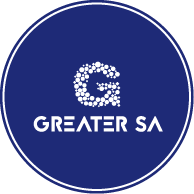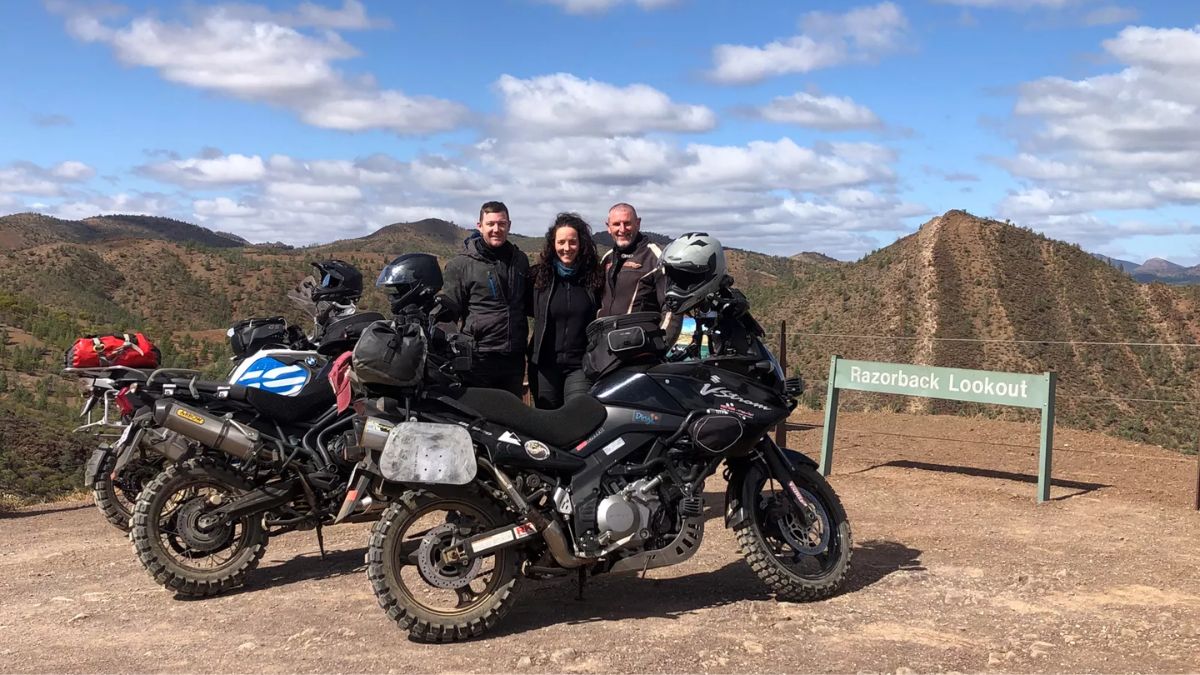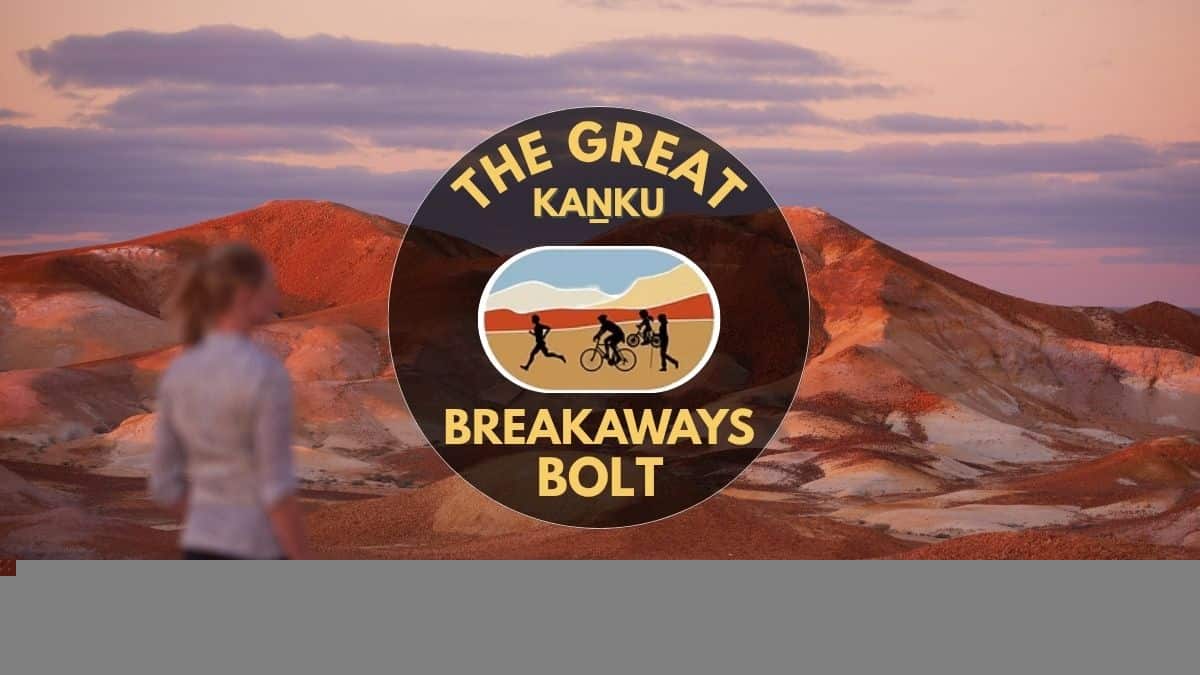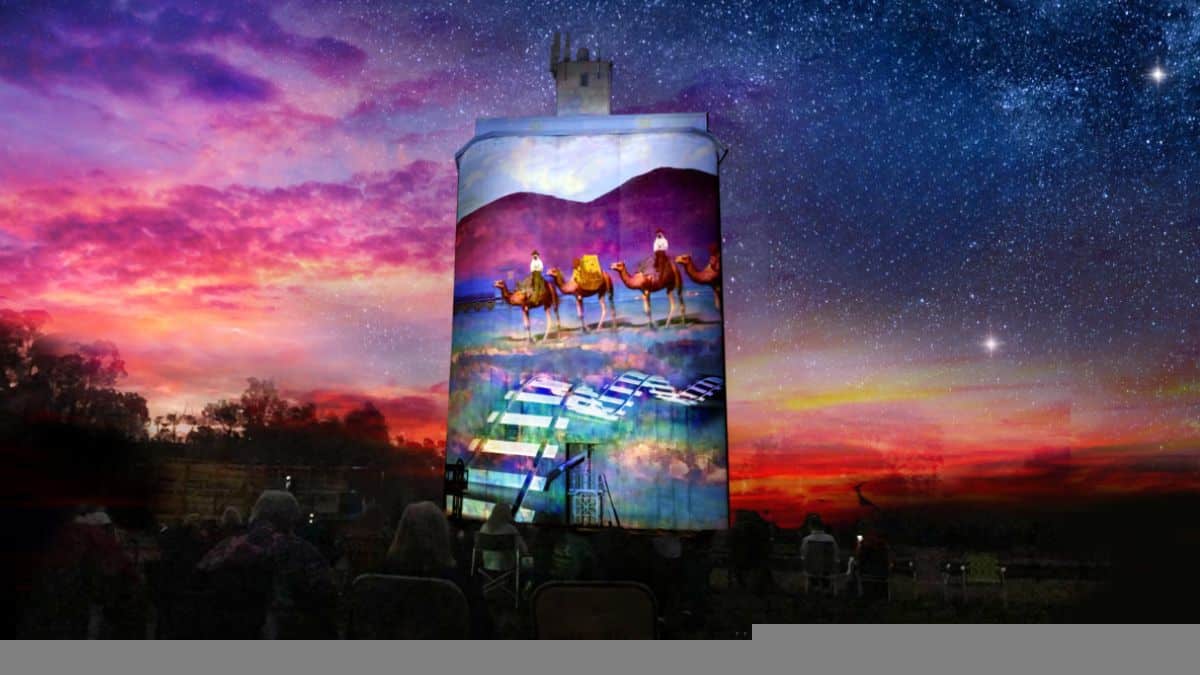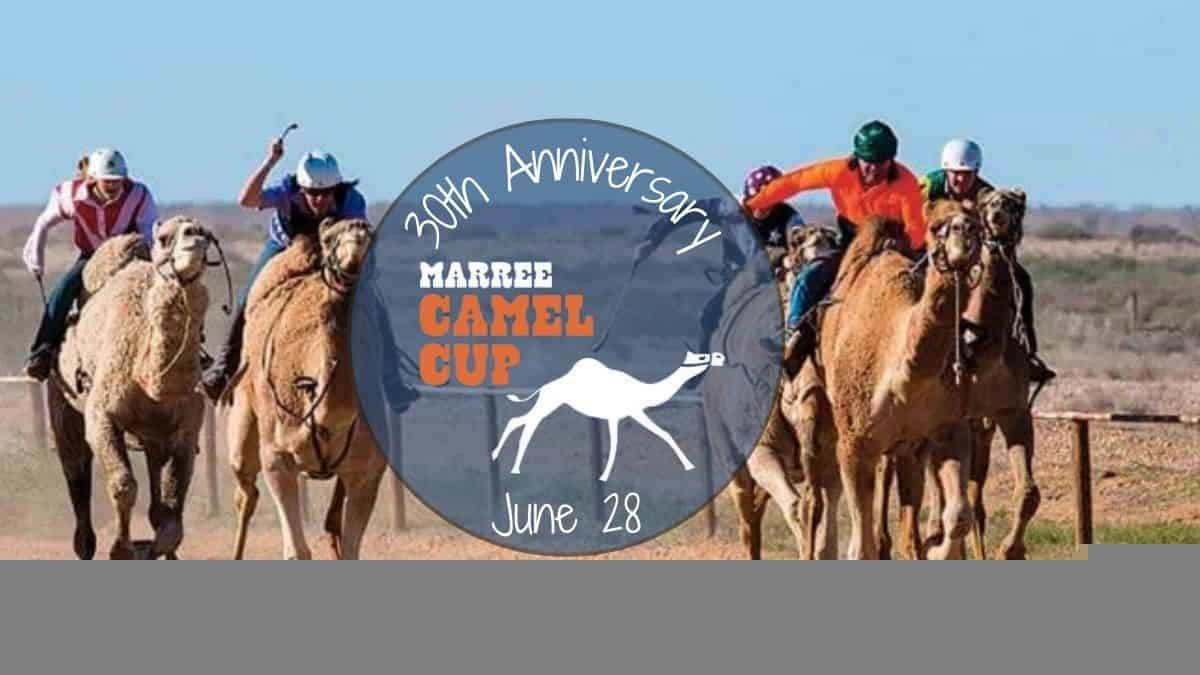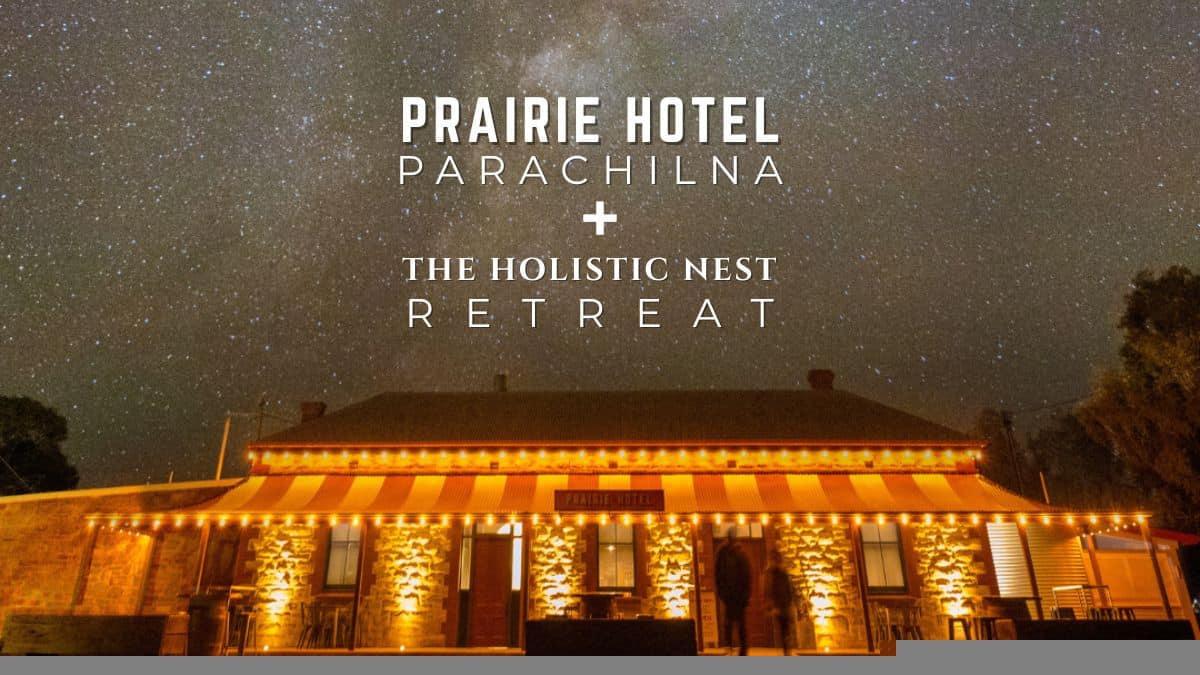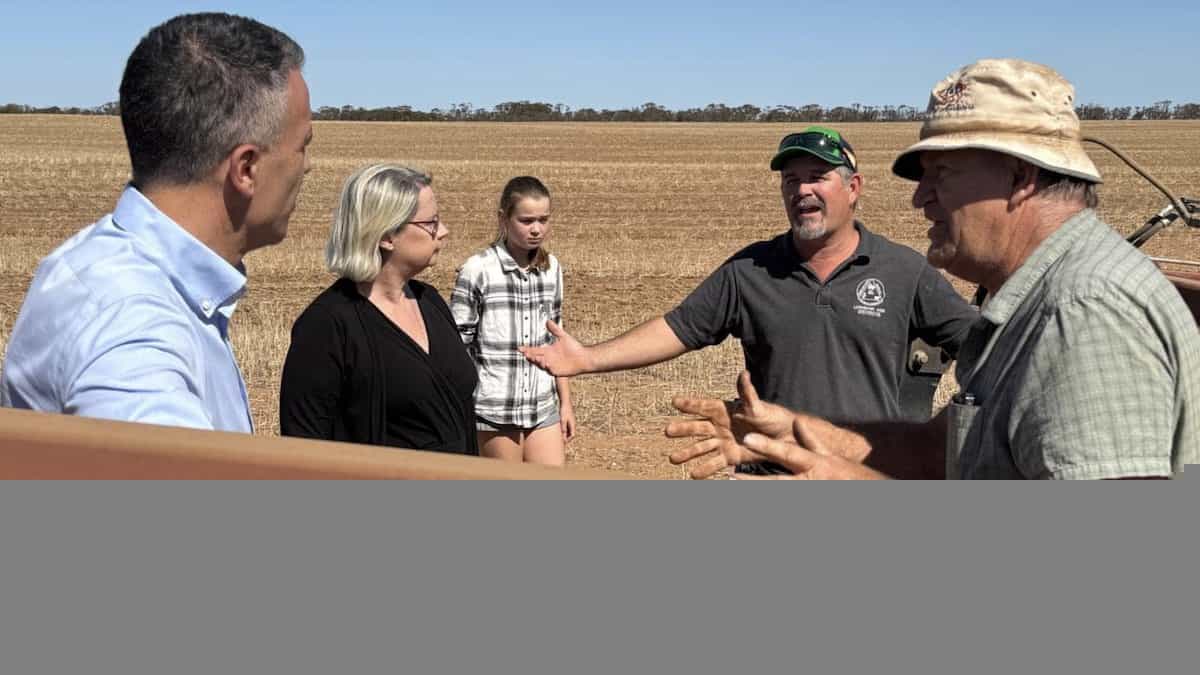Paramedic Sonia found herself in need of rescuing after a life-threatening crash in the middle of nowhere
For experienced paramedic Sonia Strong, finding herself in the back of an ambulance was an unnerving role reversal. Not only was she battered and bruised on the side of a road, but she was on the remote Oodnadatta Track more than 700 kilometres from the nearest major hospital.
An avid adventurer, Sonia has enjoyed years of motorcycling across the country, including trips through the Eyre Peninsula and Flinders Ranges.
But in April 2023, while heading up the Oodnadatta Track to Coober Pedy, her ride took a nosedive. A precarious patch of road pitched Sonia through her windshield.
“We had already covered hundreds of kilometres that morning and then the road suddenly turned into this deep, loose marbly stuff and the front end of the bike ploughed in at about 90km/h,” Sonia said.
“I was trying to do all the things you’re told to do, but I knew I was going to lose control. I don’t remember a great deal after that.”
Sonia was riding ahead of her ambulance workmates Jarrod and Daz, who saw her thrown onto the road, where she landed on her head and was knocked unconscious. The pair kicked into first response mode.
“By the time we got to her, she had that blank stare to her – just looking straight through us,” Jarrod said.
“She had that waxy colour and I remember Daz and I pushing her back and checking her spine. We knew something wasn’t quite right.
“We had a first aid kit with some fluids and pain relief, but nowhere near what Sonia needed. And while we had an emergency beacon, we had no phone reception, which added to the debacle.”
With help from a coincidentally passing car, the group got Sonia to a nearby camping area and contacted the RFDS. Just over 100 kilometres away, the team from the RFDS Marree Community Health Clinic was dispatched to meet the group.
“I was worried about my spine. I could move everything, but I’d just landed on my head at 90km/h,” she said.
“I’m aware from my work that things go wrong that aren’t currently presenting.
“I was calculating how long it was to hospital… there were definitely thoughts in my mind of what else might be going on with me and how far I was from help.”
Sonia was provided with emergency pain relief and carefully loaded into the RFDS Ambulance and safely transported another 70 kilometres to William Creek Airstrip. She was stabilised by an RFDS aeromedical crew comprising a doctor, flight nurse and pilot and evacuated to Adelaide. As a flying intensive care unit, the crew is able to provide the same care as a city emergency department.
“Everything about the flight was so professional – it was a super slick operation and I just felt like I was in the best hands,” she said.
“It was very surreal being in an ambulance and an aircraft as a patient.”
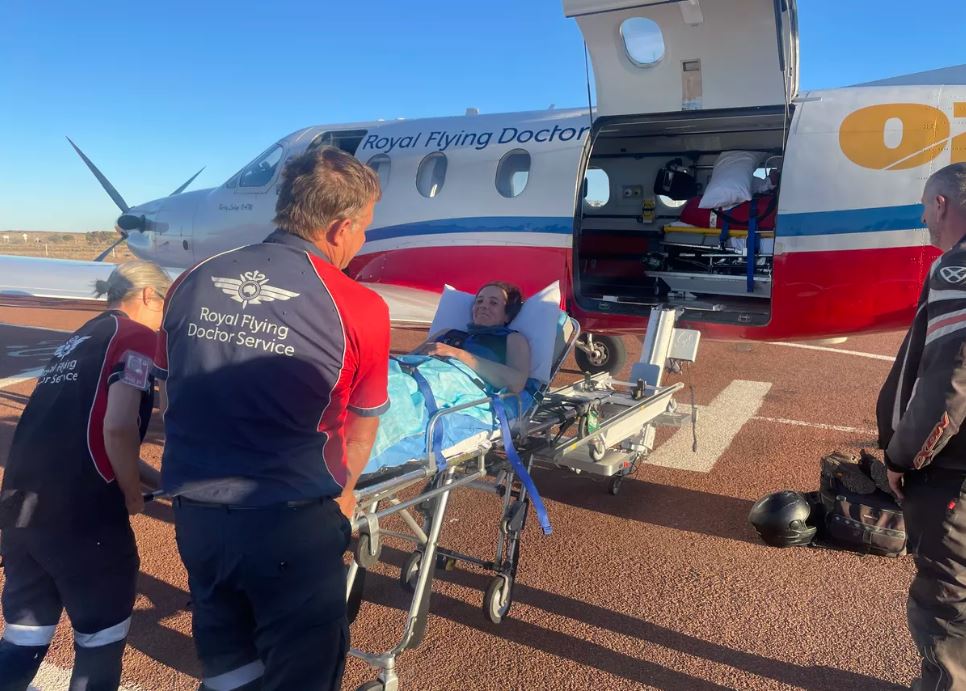
Sonia’s severe concussion caused vertigo and cognitive issues for weeks. The accident also left her with four broken ribs, a damaged AC joint on her shoulder, and a large haematoma on her hip and leg. But Sonia knows it could’ve been so much worse.
“I’m doing okay now,” Sonia said. “I definitely thought about what the alternative would’ve been if it wasn’t for the Flying Doctor and it would’ve been horrible.
“I would’ve needed a car to somehow get me to Coober Pedy, which would’ve been a very bumpy three-hour trip by road with no guarantee they’d have everything for the scans and treatment I needed.
“I’m hugely grateful for the RFDS. There’s a whole bunch of the population that wouldn’t have access to emergency care without them.”
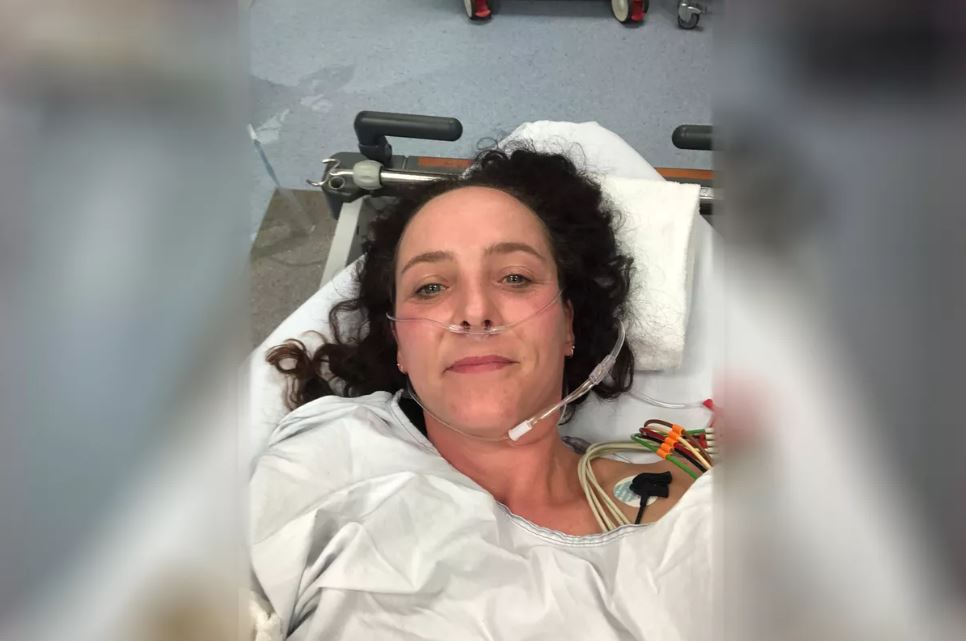
If you would like to support and donate to the Royal Flying Doctor Service SA/NT, click here
